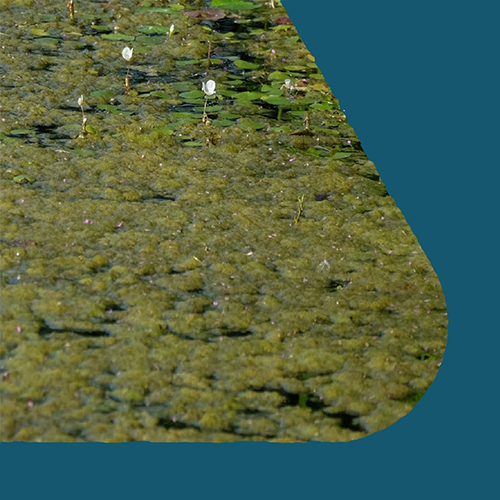Document Category: RoCKs
-

The Measurement of Free Surface Flows (FR/R0018)
Hydrometry embraces the measurement of all the elements in the hydrological cycle including surface water flows, groundwater movement and associated phenomenon such as sediment movement and morphology. This ROCK concentrates on a major element within hydrometry, namely the measurement of free surface flows. It does not cover flows in closed conduits and pipes although some…
-

Urban Drainage and the Water Environment: a Sustainable Future (FR/R0011)
This review describes how drainage systems in urban areas developed in order to understand how we have got to where we are today and how systems can be developed to cope with increasing urban populations and changing weather in the future. It covers the issues concerned, including sustainability. If it all goes down the drain,…
-

Household Chemicals and the Water Environment (FR/R0010)
We all use chemicals in the home and in gardens. Some chemicals, such as cleaning agents and detergents, may be discharged directly and legitimately to the drains and hence enter water bodies. Others, such as paints, solvents or surplus pesticides, may be disposed of with little consideration for the environment, and may pose a risk,…
-

Giardia in Water Supplies (FR/R0006)
Like Cryptosporidium, Giardia is a parasite, which can cause an unpleasant illness referred to as giardiasis. The symptoms are acute diarrhea, abdominal cramps, bloating and excessive flatulence. Outbreaks have been caused by contact with farm animals, contaminated drinking water, contaminated food and contaminated swimming pools and other recreational waters (rivers and lakes). The review summarises…
-

Cryptosporidium in Water Supplies (FR/R0005)
Cryptosporidium is a waterborne parasite, which can cause an unpleasant illness called cryptosporidiosis. The symptoms are diarrhea, mild abdominal pain, nausea, vomiting, mild fever and fatigue. Outbreaks of cryptosporidiosis have been caused by poor hygiene, contact with farm animals, contaminated drinking water and contaminated swimming pools. The review summaries the incidence and principal causes of…
-

Floods: Alleviation, Protection, Response and Risk Management (FR/R0015)
Flooding is the most widespread of all natural hazards, often arising from adverse meteorological conditions such as: – intense or prolonged rainfall in river catchments – storm surges at the coast and in estuaries – storm-generated waves at the coast. The main factors which need to be considered regarding flooding include technical, social and governmental…
-

Surface Water Management and Urban Green Infrastructure – A review of potential benefits and UK and international practices (FR/R0014)
This ROCK considers the breadth of benefits that urban green infrastructure can play for managing surface water with examples from many countries around the world where the authors have seen GI working and/or discussed it with people who have implemented GI for surface water management.
-

Endocrine Disrupters in the Environment (FR/R0003)
Endocrine disrupters are chemicals that may interfere with hormone systems. Some effects have been seen in certain marine and freshwater organisms, such as fish downstream of sewage treatment works. The review explains what endocrine disruption is and which chemicals have been questioned. There is a discussion of the risks for the environment and for human…
-

World Water: Resources, Usage and the Role of Man-Made Reservoirs (FR/R0012)
This review addresses man-made reservoirs that provide water storage and other benefits such as hydroelectric power, flood control and navigation. In many areas the life span of reservoirs is determined by the rate of sedimentation, which gradually reduces storage capacity and eventually destroys the ability to provide water and power. This review considers overall water…
-

Eutrophication of Freshwaters (FR/R0002)
Eutrophication is the enrichment of natural waters with plant nutrients, largely derived from humankind’s activities. This disturbs the balance of aquatic life and results in poor water quality. The review explains the causes of eutrophication, the various impacts, and the legislation and initiatives that are being used to control the problem.
-

Legionella in the Environment (FR/R0004)
Legionellae are rod-shaped bacteria that can cause Legionnaire’s disease, an acute form of pneumonia. They occur naturally in fresh water, sea water and moist natural environments throughout the world. They prefer warm water, hence most outbreaks of Legionnaire’s disease are associated with cooling towers, evaporative condensers, hot and cold water systems and spa pools. The…
